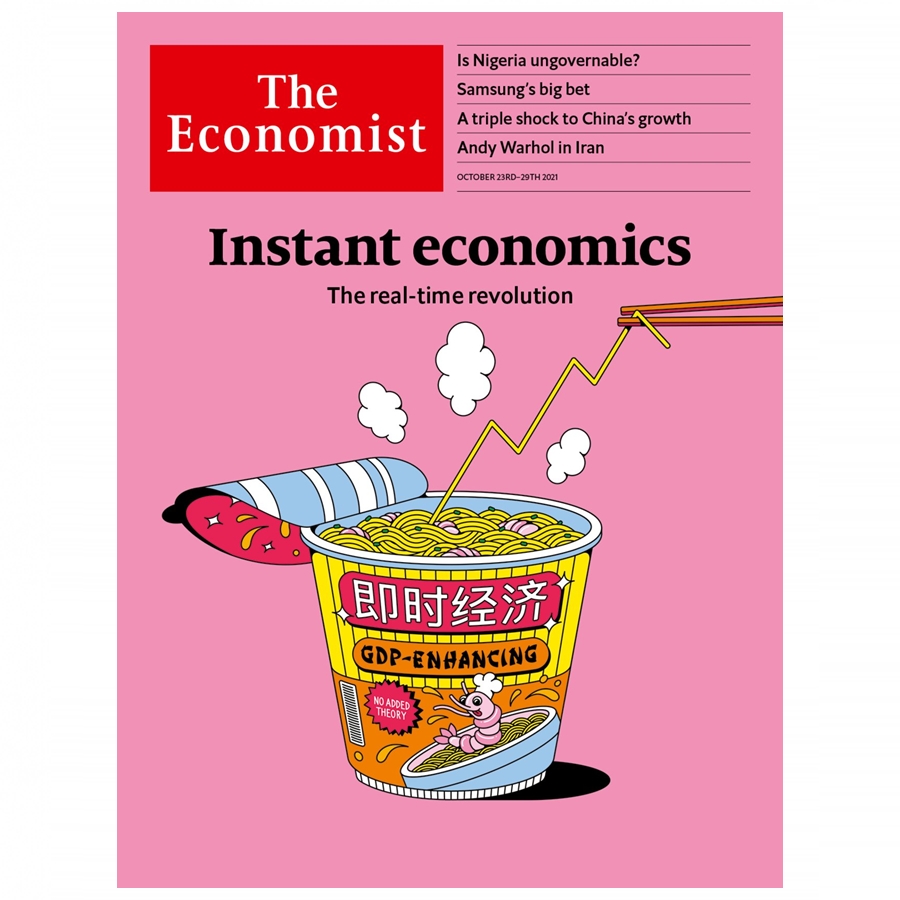Description
The Economist Magazine 29th October 2021
Does anyone really understandwhat is going on in the world economy? The pandemic has made plenty of observers look clueless. Few predicted $80 oil, let alone fleets of container ships waiting outside Californian and Chinese ports. As covid19 let rip in 2020, forecasters overestimated how high unemployment would be by the end of the ye ar. Today prices are rising faster than expected and nobody is sure if inflation and w ages will spiral upward. For all their equations and theories , economists are often fumbling in the dark, with too little information to pick the policies that would maximise jobs and growth.
Yet, as we report this week, the age of bewilderment is starting to give w ay to gre ater enlightenment (see Briefing). The world is on the brink of a realtime revolution in economics, as the quality and timeliness of information are tr ansformed. Big firms from Amazon to Netflix already use instant data to monitor grocery deliveries and how many people are glued to “Squid Game”. The pandemic has led governments and central banks to experiment, from monitoring restaur ant bookings to tr acking card payments. The results are still rudimentary , but as digital devices, sensors and fast payments become ubiquitous, the ability to observe the economy accurately and speedily will improve. That holds open the promise of better publicsector decisionmaking— as well as the temptation for governments to meddle.
The desire for better economic data is hardly new. America’s gnp estimates date to 1934 and initially came with a 13month time lag. In the 1950s a young Alan Greenspan monitored freightcar traffic to arrive at early estimates of steel production. Ever since Walmart pioneered supplychain management in the 1980s privatesector bosses have seen timely data as a source of competitive advantage. But the public sector has been slow to reform how it works . The official figures that economists tr ack—think of gdp or employment—come with lags of weeks or months and are often revised dramatically. Productivity takes years to calculate accurately. It is only a slight exaggeration to say that central banks are flying blind. The Economist Magazine 29th October 2021
DOWNLOAD NOW






